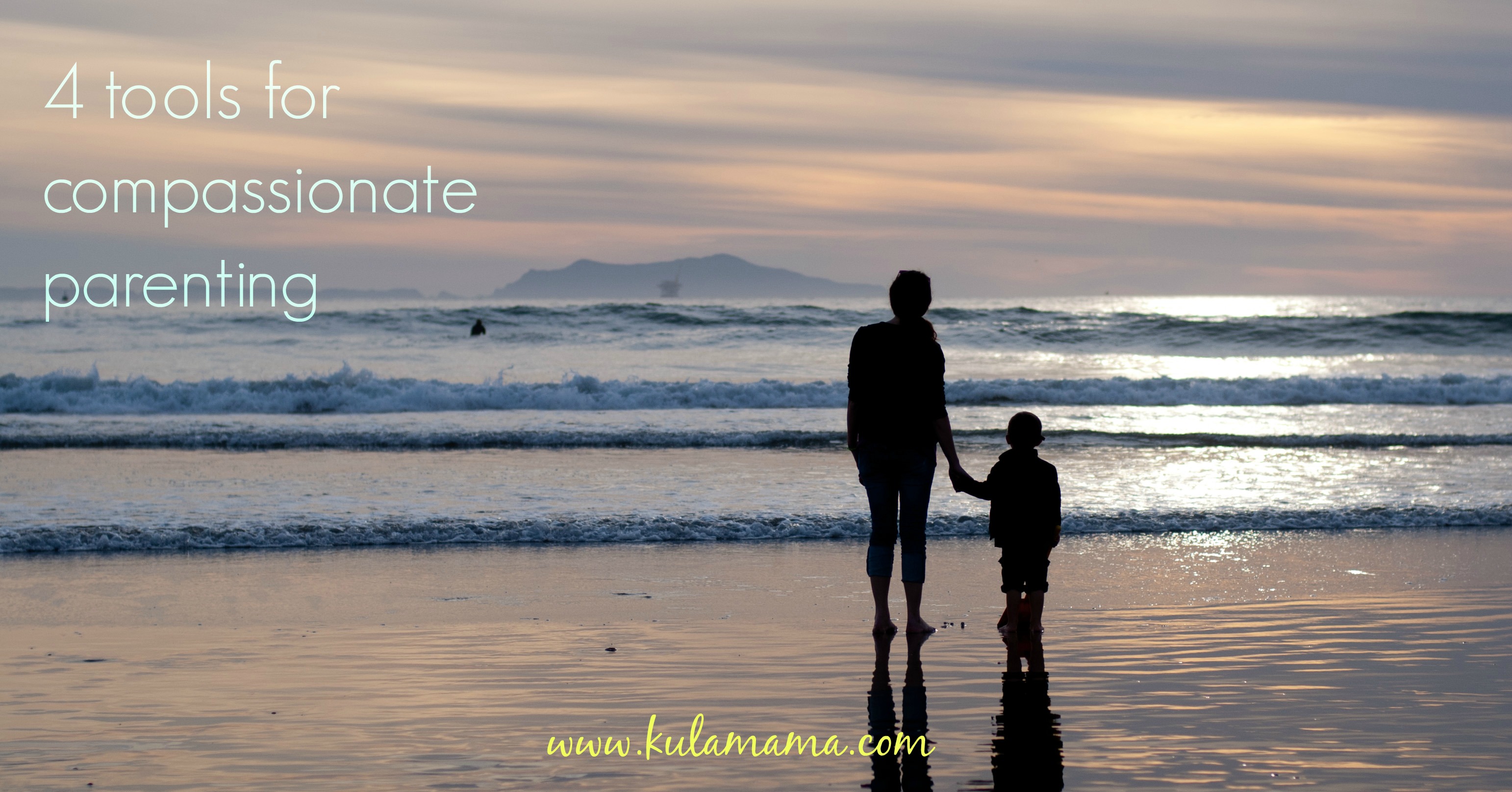My son recently started preschool at a new school… in a foreign country. As we prepared for his first day, not only was my son nervous about the new language he’d be learning (“Mom, will anyone speak English?”) but also my shy boy was preoccupied with the prospect of making new friends. For the first time in his four short years on this earth, I found myself praying for kind classmates and compassionate teachers. Once school started, I knew I’d be unable to hold his hand and help him navigate the ups and downs of his peer interactions as I had during the play dates of his younger years. I hoped he would be received with open arms by the other children, and I also prayed my son would keep his own arms open as he met his new classmates. So many questions filled my mind. Had I instilled my son with enough strength, courage, compassion and kindness to face this new experience confidently? And how would I continue to teach him these values now that he was leaving the home nest and entering the real world? What’s the key to raising kind and compassionate kids?
Kindness and compassion are two different qualities, but they intertwine often in our day to day lives and I use the terms together here almost interchangeably. More often than not I find that kind (and compassionate) children come from kind (and compassionate) families. My son was met with more than one act of kindness on his first day of school and I will forever be grateful to the children who befriended my little man. Since that day I’ve met the families of these kind children and have witnessed in them what I hope my son gets from me: compassionate parenting. Compassionate parenting has a big impact on how kids see themselves, how they interact with others, and how they navigate the world. So if I want to raise my two children up to be kind and compassionate citizens of the world, my first job is to become a more patient, compassionate, and kind person myself.
My family life gives me the best practice space to develop my kind and compassionate parenting skills. How many times a day do I face a toddler testing her boundaries or a grumpy preschooler peppering me with requests while I’m busy cooking dinner? I can face these situations with impatience and stern words, or I can face these situations with patience and kindness. The choice is mine. I don’t always choose the path of kindness and compassion. There are days I feel overwhelmed and react with impatience when my children start complaining or fighting with one another. But the great thing about parenting is that kids give us the chance to try again. In my personal path to more kind and compassionate parenting, I’ve found these 4 tools very useful.
4 Tools for Compassionate Parenting
1) Practice Mindfulness: Staying mindful in my speech and actions helps me to become a kinder parent. Mindfulness is the practice of paying attention to the present moment, without judgment. When my mind is racing in several different directions and I find myself longing to work on an activity alone or thinking about the million things on my “to do” list, I can easily become distracted and impatient in my parenting. When I focus on the present moment with my children, I find myself parenting in a much more relaxed and kind manner.
2) Take Time for Gratitude: Taking a few moments in my day to focus on something or someone I am grateful for helps me to become a kinder and more patient parent. It’s hard to get grumpy about spilled juice on the dinner table when I am focused on the gift of eating a meal together as a family. Sometimes a shift in perspective is the quickest way to find a new level of compassion in stressful parenting situations.
3) Unplug: Facebook, Instagram, Twitter and texting can create a divide between me and my children if I use these technologies as a form of escape throughout the day. When I find myself checking out how cute my kids are on my Instagram feed, instead of answering my son’s repeated requests to play, I know I need to put the cell phone or computer away until after the kids go to bed.
4) Model Authenticity: Staying true to who I am as a person, instead of falling into the trap of trying to be the person I often think I “should” be is an important aspect of kind and compassionate parenting. Attempting to be the “do it all” parent who throws Pinterest-worthy birthday parties and makes organic lunches from scratch can be exhausting and unfulfilling. A wonderful way to raise confident and compassionate kids is to model authentic behavior in your own life. The more my kids see me navigating the world authentically, the more likely they will grow up to do the same.
Great books if you are interested in learning more:
Buddhism for Mothers (this book got me through my first year with two children)
Planting Seeds (A great book with lots of exercises to use with your children)
Wherever You Go There You Are (Wise words from Jon Kabat-Zinn)
Are there any books that you love????



Love it, very well written, Heather! Books l love on this topic are Karen Mazen Miller’s Momma Zen and Hand Wash Cold. She has a new one coming out too. A Buddhist priest and momma, living in LA area.